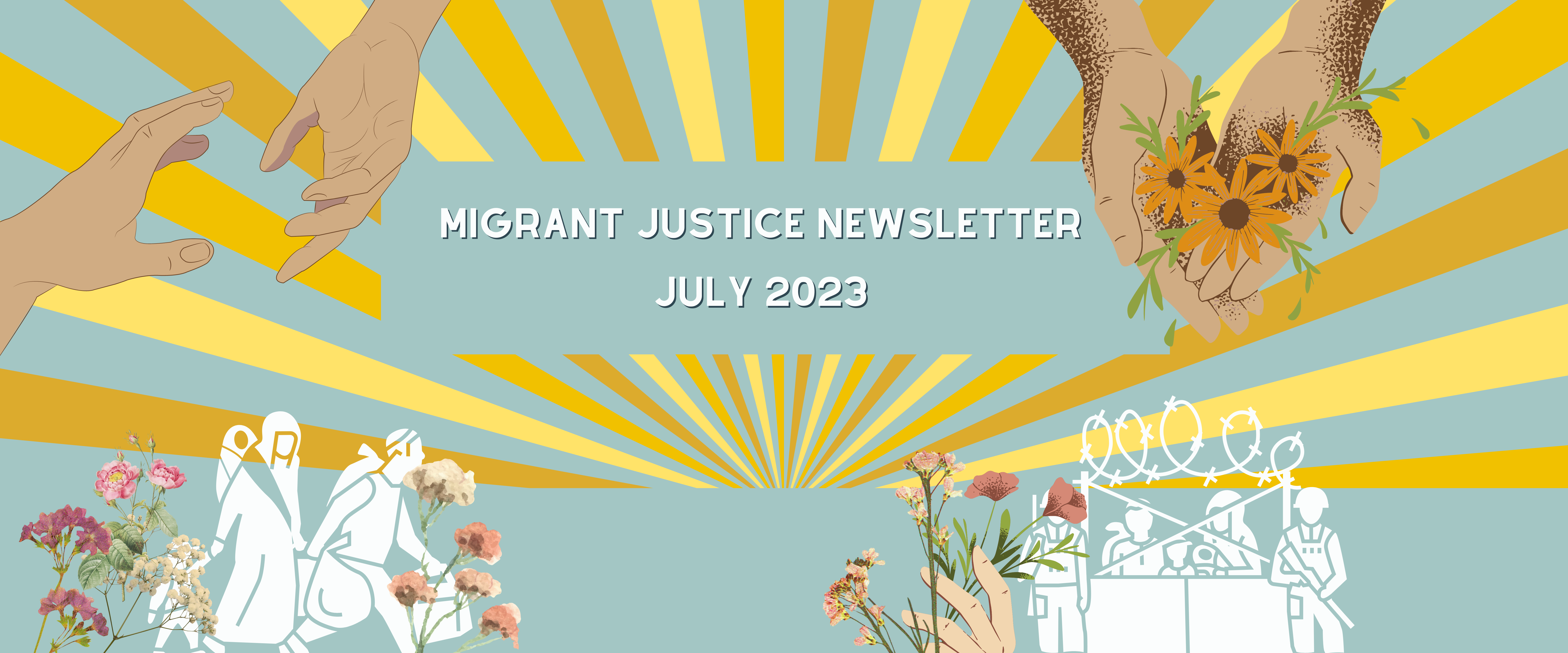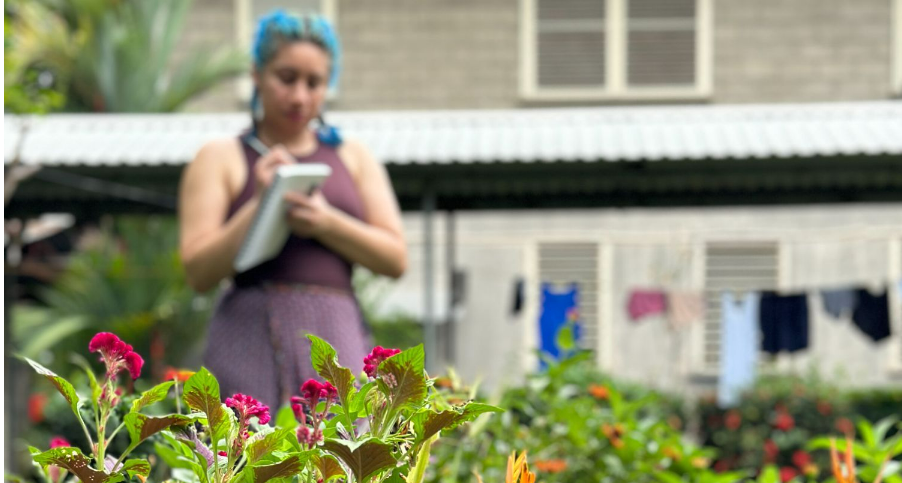Concerns have been raised about the safety of social leaders and indigenous communities in Colombia. The international community is urged to support the 2016 peace accord, specifically the Ethnic Chapter and the Commission for Security Guarantees, and aid the peace dialogue with the National Liberation Army (ELN). The Colombian government needs to enhance support for indigenous and cimarrona guards within ethnic territories. Authorities must bring perpetrators of violence against social leaders to justice, reform the National Protection Unit, and implement efficient, culturally sensitive protection measures. U.S. policymakers are called upon to denounce abuses publicly and demand protection for at-risk individuals and communities. Two critical cases involve threats against investigative journalist Gonzalo Guillén and lawyer Roberto Mauricio Rodríguez of La Nueva Prensa and anti-corruption activist Alexander Chala Saenz, the Political Chief of the Corporation of retired military veterans for Colombia
- Home
- About Us
- Issues
- Countries
- Rapid Response Network
- Young Adults
- Get Involved
- Calendar
- Donate
- Blog



